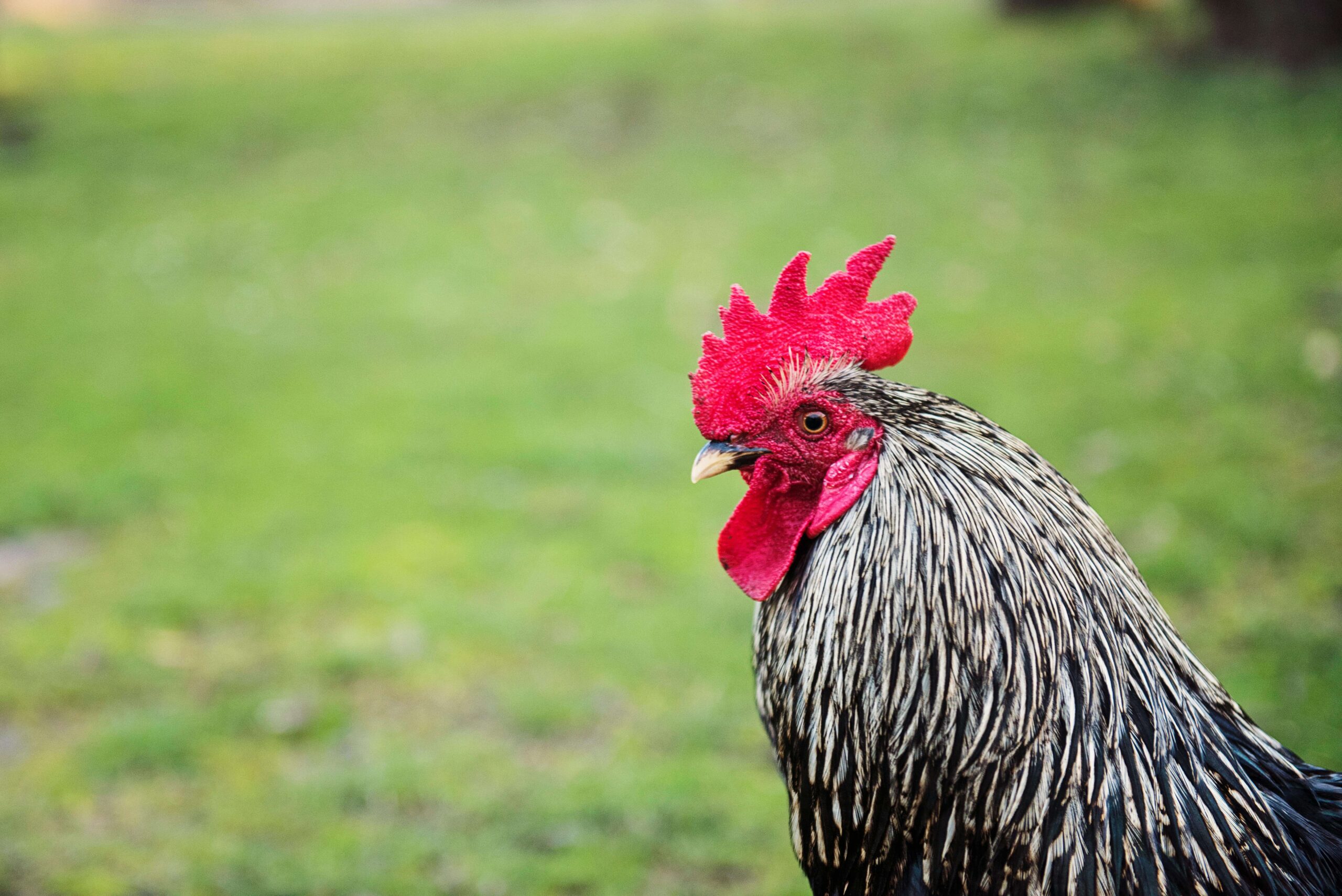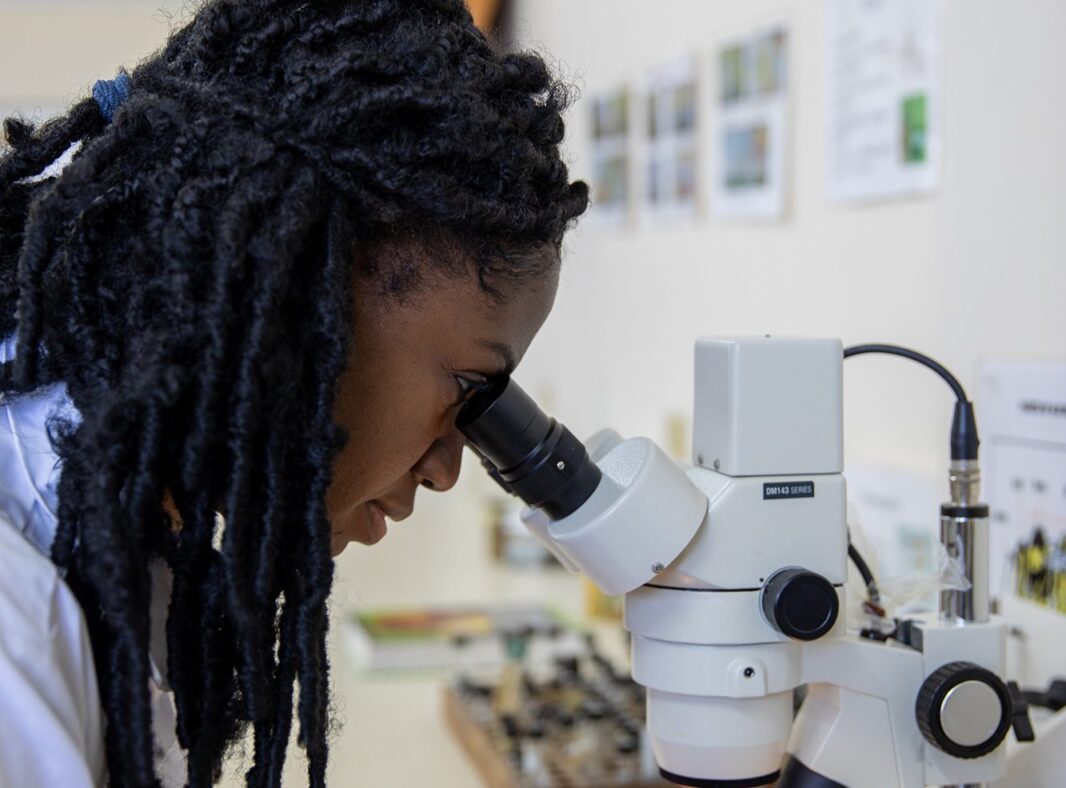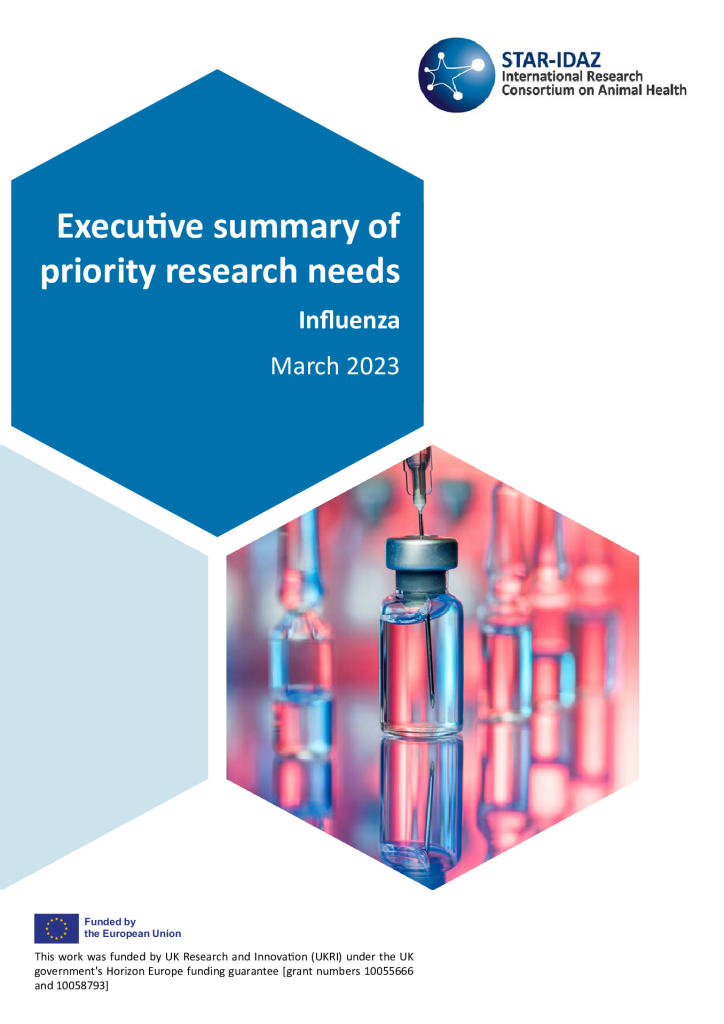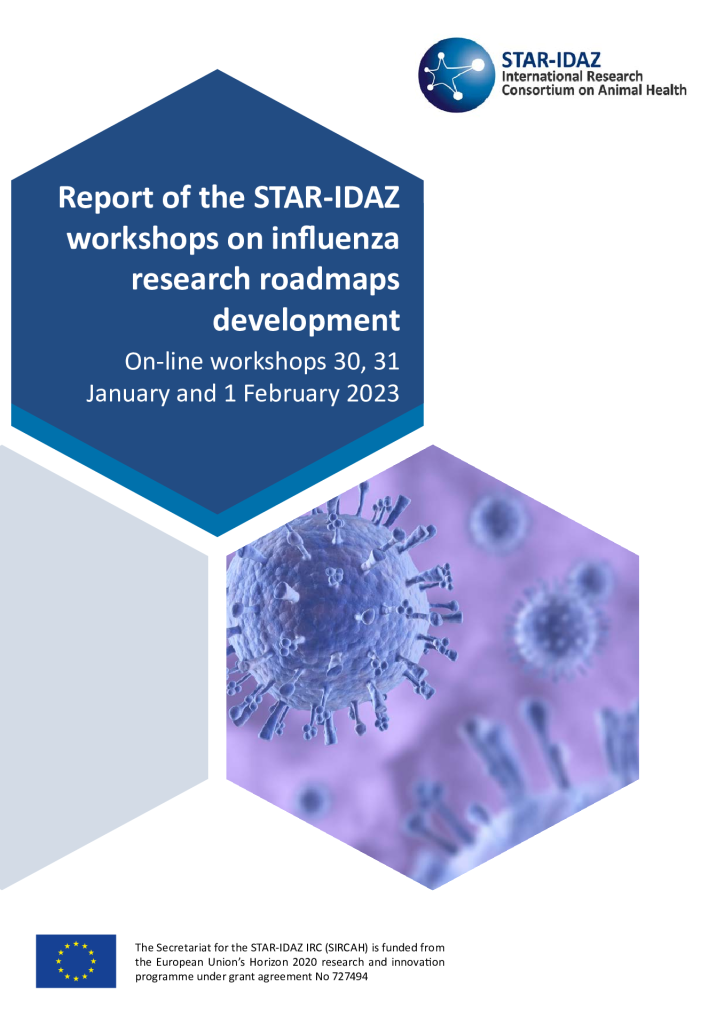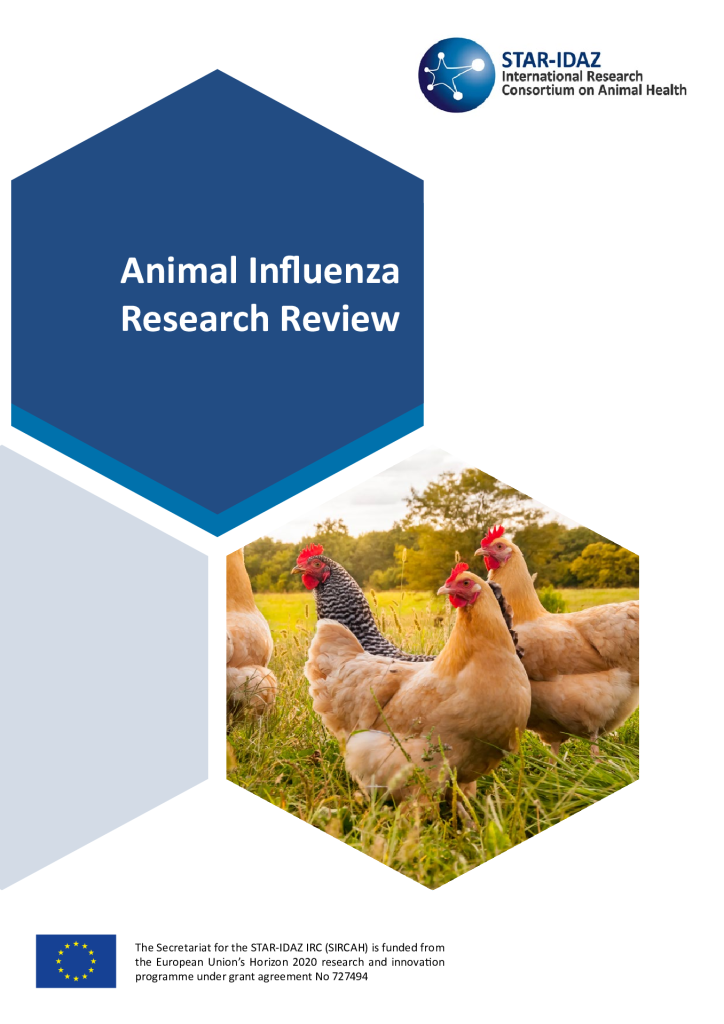STAR IDAZ Approach
Influenza outbreaks have a major impact at global level, causing significant economic losses in the poultry sector. Moreover, the pervasive nature of influenza viruses across an expanding array of mammals, coupled with sporadic zoonotic transmissions, raises concerns about their potential to precipitate into a human influenza pandemic.
Influenza is an important focus of research within the STAR-IDAZ International Research Consortium on Animal Health (IRC), driven by the urgency to expedite enhanced control measures for animal influenza outbreaks. The STAR-IDAZ IRC has extensively worked to identify research gaps to highlight areas where research effort needs to be focused to accelerate the delivery of improved control methods for animal influenza outbreaks for the benefit of both human and animal health. See our research roadmaps below.
Information
-
STAR IDAZ summer newsletter 2024
In response to the increasing outbreaks of High Pathogenicity Avian Influenza (HPAI) in mammals, STAR IDAZ partners have conducted extensive research and surveillance to enhance prevention and management of the outbreaks. For more information, see pg. 10-12
-
WOAH epidemiological updates
Epidemiological updates from the World Organisation for Animal Health (WOAH) on avian influenza
-
Annual state-of-the-art report on animal health research on IRC priorities
A partial list of partner projects on influenza can be found in the STAR IDAZ annual state-of-the-art report
Working group
Influenza Working Group
International experts have been engaged in a series of workshops to identify research gaps
Key People

Munir Iqbal,
The Pirbright Institute United Kingdom
Timm Harder,
Friedrich-Loeffler-Institut Germany
Ann Cullinane,
Irish Equine Centre Ireland
Thijs Keiken,
Erasmus University Medical Center Netherlands
Zoltan Penzes,
Ceva Santé Animale Hungary
Kristen Van Reeth,
Ghent University Belgium
Marta Barral,
Basque Institute for Agricultural Research & Development (NEIKER) Spain
Dario Zammerini,
IDEXX Italy

Ian Brown,
The Pirbright Institute United Kingdom
Peter Wijnan,
Private Veterinarian Netherlands
Gwenaëlle Dauphin,
Ceva Santé Animale France
Mathias Voss,
Lohmann Breeders Germany

Ash Banyard,
Animal and Plant Health Agency United Kingdom

Paul Digard,
The Roslin Institute United Kingdom
Daniel Perez,
University of Georgia United States
Julie Gauthier,
Animal & Plant Health Inspection Service United States
David Swayne,
Southeast Poultry Research Laboratory United States
Celia Abolnik,
University of Pretoria Faculty of Veterinary Science South Africa
Youn-Jeong Lee,
Animal and Plant Quarantine Agency Republic of Korea
Carol Cardona,
University of Minnesota United States
Marie Culhane,
University of Minnesota United States
Alan Young,
Medgene United States
Taki Saito,
National Institute of Animal Health Japan
David Suarez,
Southeast Poultry Research Laboratory United States
Mustapha Oumouna,
Médéa University Algeria
Lia Rotherham,
ARC - Onderstepoort Veterinary Institute South Africa
Carl Heeder,
Mountaire Farms United States
Folorunso Fasina ,
Food and Agriculture Organization of the United Nations Kenya

Rafiqul Islam,
Bangladesh Agriculture University Bangladesh
Teguh Yodiantara Prajitno,
Animal Health and Livestock Equipment Indonesia
Guillermo Zavala,
Private Veterinarian United States
Gary Garcia,
University of Mexico Mexico

Khaled Hussein,
Almarai Company ® Saudi Arabia
Rabeh El-Shesheny,
Human Link Egypt
Erik Karlsson,
Institut Pasteur du Cambodge Cambodia
Manabu Nemoto,
Equine Research Institute Japan
Dilmara Reischak,
Ministry of Agriculture and Livestock Brazil
Louise Dufour-Zavala,
Georgia Poultry Laboratory Network Georgia
Samatha Letsholo,
Ministry of Agriculture Botswana
Kwang-Nyeong Lee,
Animal and Plant Quarantine Agency Republic of Korea
Reports
Reports and outcomes from meetings and workshops
Research roadmaps
Gap analysis summary
Influenza remains an important focus of research within the STAR-IDAZ International Research Consortium on Animal Health (IRC), driven by the urgency to expedite enhanced control measures for animal influenza outbreaks. Influenza outbreaks are currently having a major impact at global level, causing major economic losses in the poultry sector. According to WAHIS data, 112 countries and territories reported disease presence over the last 5 years, underscoring the widespread nature of these outbreaks. Moreover, the pervasive nature of influenza viruses across an expanding array of mammals, coupled with sporadic zoonotic transmissions, raises concerns about their potential to incite a human influenza pandemic.
The STAR-IDAZ IRC has recently released an Executive summary of priority research needs on influenza. It is the result of extensive work of experts in the field.
In 2021, in collaboration with USDA-ARS, STAR-IDAZ IRC commissioned an Animal Influenza Research Review providing a comprehensive overview of the previous six years’ research in animal influenza. This report combines the latest research updates and insights from prominent scientists, offering a comprehensive understanding of global animal influenza research at the forefront.
The outcomes of this report fed a gap analysis workshop held on June 14-15, 2022, at the National Animal Disease Center in Ames, Iowa. This workshop leveraged expert opinions, recent and ongoing research, existing and developing countermeasures, and their efficacy to identify critical knowledge gaps.
Building on this gap analysis, three online workshops were conducted on 30-31 January and 1 February 2023, aimed at crafting research roadmaps for control strategies, diagnostics, and vaccine development for influenza. These roadmaps delineate the necessary steps to efficiently direct research efforts towards addressing future outbreaks.
Projects
Displaying 4 of 16 projects
VIEW ALL PROJECTSDynamics of sustainability in integrated agriculture : aquaculture systems in the Mekong Delta
Planned Completion date 21/10/2024
![]() Netherlands
Netherlands
Impact of host age on viral and bacterial communities in a waterbird population.
Planned Completion date 01/11/2022
![]() Netherlands
Netherlands
planning for emerging infectious disease pandemics
Planned Completion date 26/07/2021
![]() Netherlands
Netherlands
Association of biosecurity and hygiene practices with avian influenza A/H5 and A/H9 virus infections in turkey farms.
Planned Completion date 14/03/2024
![]() Netherlands
Netherlands

